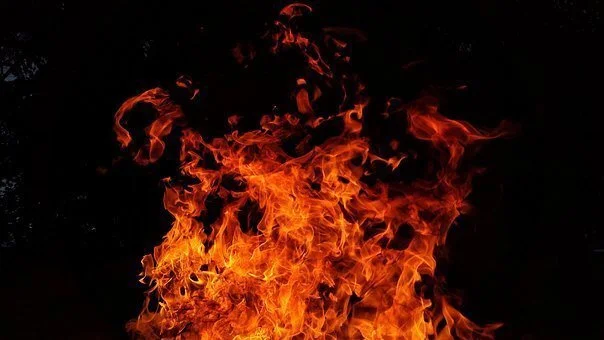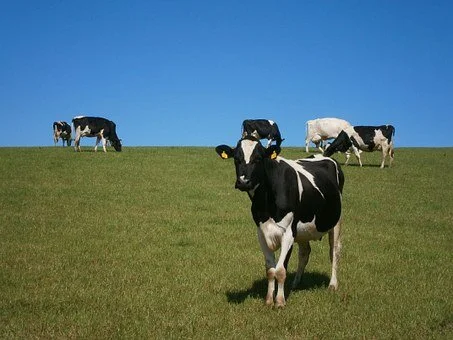Indiana General Assembly Considers Doubling Routine Livestock Farm Inspections
/There are a number of agricultural bills being considered this session, including one which would impact livestock farmers across the state by requiring additional site inspections.
Read More








Online revenue management platforms for landlords are being challenged as price fixing tools. What will the implications be for tenant farmers?